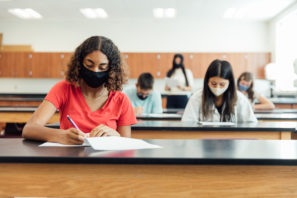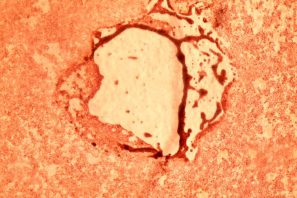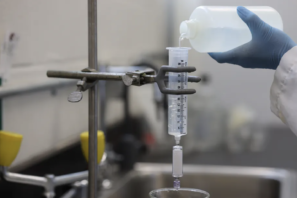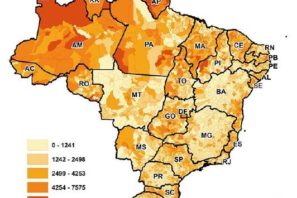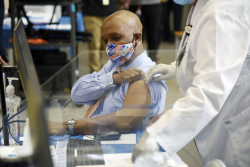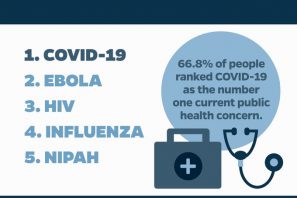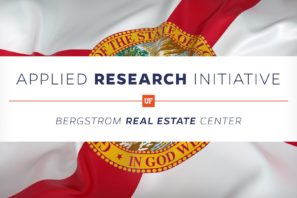people, however, soon discover the microscopic invader won’t allow them to return to their normal lives even months after infection. It’s an especially insidious side of the coronavirus that makes vaccination all the more important — COVID-19 as chronic illness.
Many high school students on day nine or later of their COVID-19 quarantine period tested positive for the virus, a University of Florida study published in JAMA has found.
The COVID-19 pandemic has brought about an explosion in telehealth, but is it as effective as in-person treatment? A UF study looks at the "why" and "how."
A trio of interdisciplinary UF researchers are searching for genes that either hasten or thwart the growth of SARS-CoV-2 virus inside a human host. Their results may contribute to the search for a COVID-19 drug or therapeutic arsenal.
Imagine discovering an animal species you thought had gone extinct was still living – without laying eyes on it. Such was the case with the Brazilian frog species Megaelosia bocainensis.
Researchers at the McKnight Brain Institute are working to provide resources for people with substance use issues that may have been negatively impacted in relation to COVID-19.
New research published in Science looks back at how COVID-19 spread over time throughout Brazil, to create a pandemic hotspot.
A Pfizer-BioNTech COVID-19 vaccine is administered to the first group of frontline healthcare workers at UF Health Jacksonville.
Small-scale grower operations have their advantages despite being challenged by access to large markets and limits on resources. In urban and rural environments, challenges that emerged from COVID-19 brought small-scale farms to light.
80 percent of respondents indicated they would get a vaccine for COVID-19 if it were available
This is a chart analysis using the same data from the previous COVID-19 paper1 to focus specifically on the state of Florida and further focus on selected metropolitan areas.
Researchers from across the University of Florida and UF Health have joined an urgent effort to collect and donate personal protective equipment, or PPE, to build upon existing stockpiles in support of clinical colleagues on the frontlines of treating COVID-19.


